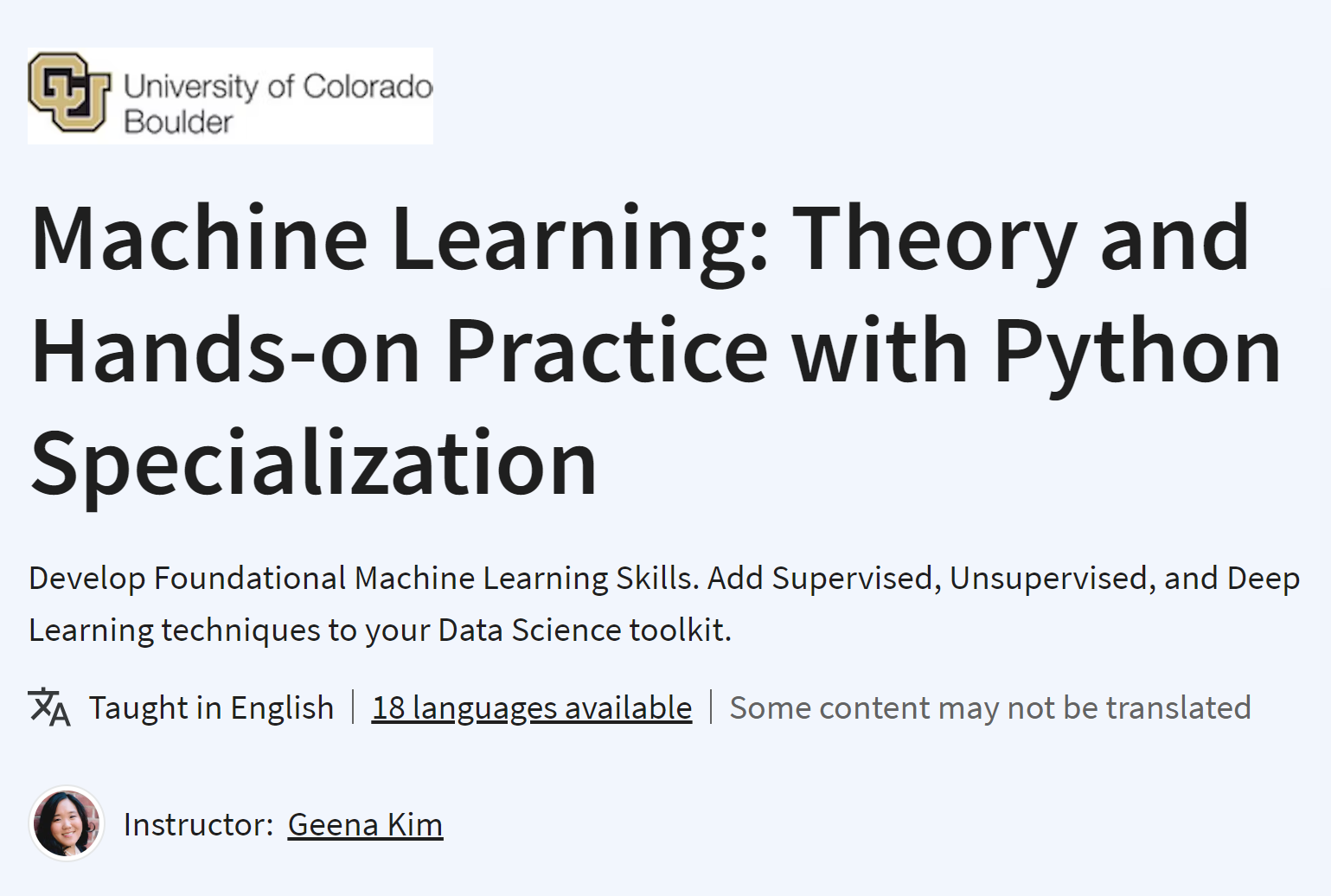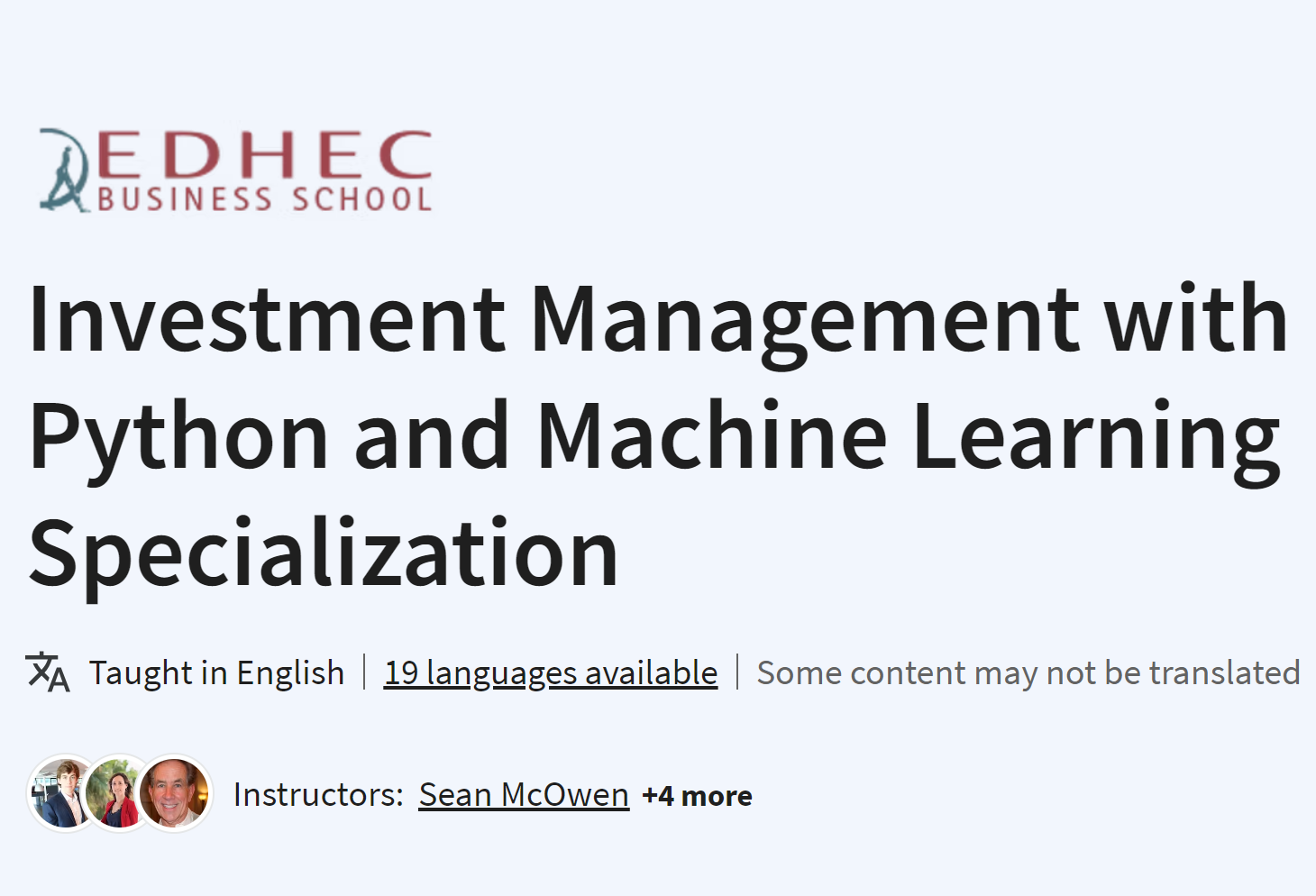Build your subject-matter expertise
This course is part of the Mathematics for Machine Learning Specialization
When you enroll in this course, you'll also be enrolled in this Specialization.
Learn new concepts from industry experts
Gain a foundational understanding of a subject or tool
Develop job-relevant skills with hands-on projects
Earn a shareable career certificate






































.png)



























